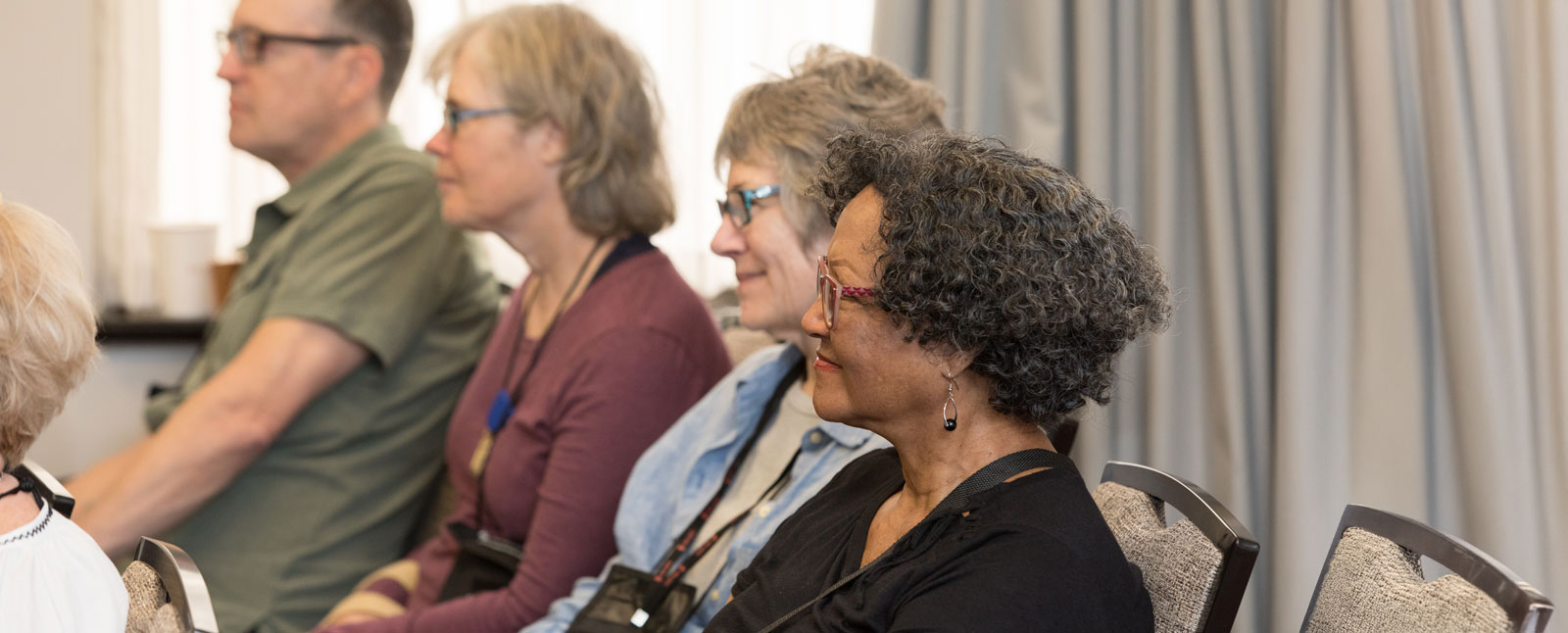Lifelong Learning
Lifelong Learning Institutes & Road Scholar

Lifelong Learning Institutes (LLIs)
What exactly is an LLI?
An LLI is a community of active members, faculty, and experts who teach and learn together. Typically based at a university or college, LLIs offer non-credit college-level educational experiences at a dramatically reduced cost, regardless of previous academic training or degree status. And best of all: the life experiences of the members drive the learning– without tests or homework!
Are YOU a lifelong leaner looking for educational opportunities in your area?
The Road Scholar Institute Network
The Road Scholar Institute Network works together with college and university administrators to provide support services to LLIs across the U.S.
Are YOU an LLI Administrator? Learn more!
